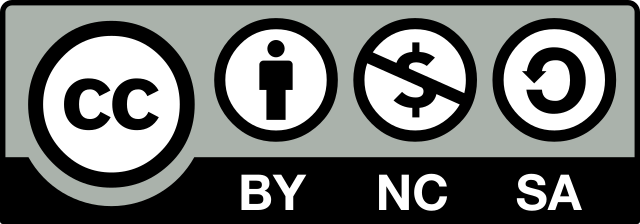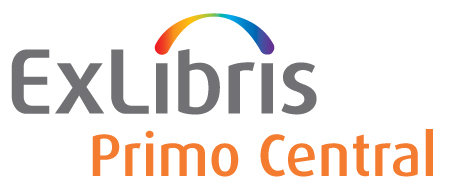Abstract
Objectives The aim of this study was to compare adherence to antihypertensive medication between adult and elderly patients and factors affecting it. Background Poor medication adherence is the most important cause of uncontrolled blood pressure. It is estimated that 50-70% of people do not take their antihypertensive medication as prescribed. Therefore, understanding barriers to antihypertensive medication adherence may help identify interventions to increase adherence and improve outcomes. Literature and methods This was a cross-sectional study conducted in Munshaat Sultan family health center, Menoufia governorate. A total of 120 hypertensive patients who attended the family health clinics during the period of the study were included. They were classified on the basis of age into adult patients aged 21-59 years and elderly patients aged 60 years or older and into adherent and nonadherent on the basis of adherence. A predesigned questionnaire was used to assess their adherence to medication using the Morisky scale and factors affecting it, such as patient, physician, disease, and drug. Results An overall 60.34% of elderly patient were adherent to medication, which was higher compared with adherence among adult patients (29.03%). There was statistically significant difference between the two groups as regards sex, education, and presence of family members helpful in reminding about medication, patients«SQ» belief about medication causing addiction, patient satisfaction toward healthcare providers and facility, frequency of drug doses, duration of hypertension, presence of another chronic illness, and hypertension complication. Conclusion In both groups, adherence was higher among patients who were married, patients having family members helpful in reminding medication, those receiving antihypertensive medication once daily, and those who had acceptable waiting time; therefore, interventions enhancing doctor - patient communication and empowering the patient have the potential to improve the adherence of hypertensive patients«SQ» medication and can consequently reduce hypertension-related costs.
Article Type
Original Study
Recommended Citation
Barakat, Aya M.; Shaheen, Hala M.; Hegazy, N N.; Khalil, Nora A.; and Farahat, Taghreed M.
(2016)
"Comparative study between adult and elderly patients as regards adherence to antihypertensive medication,"
Menoufia Medical Journal: Vol. 29:
Iss.
1, Article 20.
DOI: https://doi.org/10.4103/1110-2098.179001

 Attribution-NonCommercial-ShareAlike 4.0 International (CC BY-NC-SA 4.0)
Attribution-NonCommercial-ShareAlike 4.0 International (CC BY-NC-SA 4.0)



